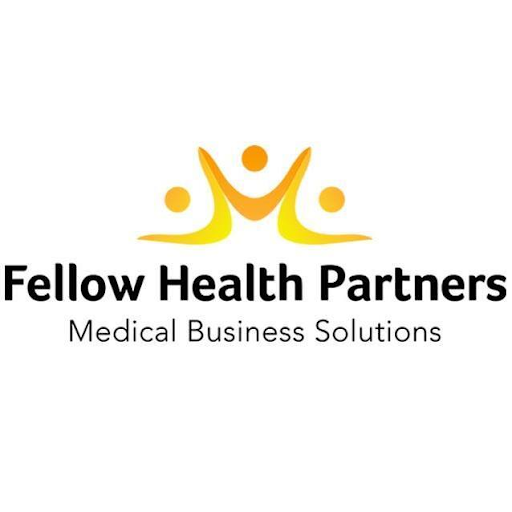AI-Powered Automation: The Lifeline Reviving Physicians' Shrinking Revenues

The U.S. healthcare sector is under siege from shrinking reimbursement rates and rising administrative burdens, worsening physician recruitment and attrition rates. This has the potential to cause a severe shortage of physicians, deteriorating the already-overburdened health system and making healthcare more inaccessible for many Americans.
With the demands of medical billing becoming more complex and time-consuming due to regulatory changes, decreasing insurance reimbursements, and growing operational costs, many physicians and medical practices are finding it extremely hard to grow or even maintain their revenue levels. Practices' profits are struggling because of missed claims, billing errors, and lengthy processing times.
It's become clear that traditional methods of managing billing cycles (manually, or with basic technology), are no longer able to meet the demands of this new environment. This has left many physicians with two options: either drastically cut costs by reducing staff and/or services (which will inevitably end up shrinking their revenue), or leverage advanced technologies like automation to optimize billing processes and ensure that revenue isn't slipping through the cracks.
As it stands, AI-driven automation in the medical billing revenue cycle is the latest lifeline for many physicians and practices, according to Michael N. Brown, founder and CEO of Fellow Health Partners (FHP), a leading medical business solutions company. Unlike traditional manual processes, AI-powered solutions can drastically improve efficiency in the medical billing cycle. AI can identify patterns in denied claims, correct common errors, and even predict the likelihood of claim approval. This ensures that billing errors, which account for substantial revenue loss, are significantly reduced.
FHP's flagship solution is SAVi™, a proprietary platform that automates and optimizes the revenue cycle management process. It easily integrates with most electronic health record (EHR) systems while providing clients with real-time, 24/7 access to all their data. It is also easily customizable, allowing it to generate the most relevant reporting and analytics while reducing the administrative workload and increasing revenue.
Brown says that automation allows for superior claim processing, meaning practices get paid more - and sooner. By automating repetitive tasks such as data entry, billing submission, and follow-ups with payors, AI utilization can ensure that a higher percentage of claims are accepted on the first submission, saving both time and money. Furthermore, by minimizing human error, automation allows for greater compliance with constantly changing regulations and payor policies, reducing the risk of fines or denied claims.

An automated, streamlined workflow also prevents inefficiencies and leakage, such as underpayments and missed payments. Capturing all billable services is paramount to maximizing revenue for physicians and their practices, allowing them to remain in business. Further, with the improved efficiency of the billing cycle, practices can scale without needing to invest heavily in additional staff.
That being said, while automation provides medical practices with numerous benefits, it is no easy task that can be accomplished at the push of a button. It requires a tremendous amount of expertise and effort to develop, implement, and maintain these solutions. Typically, AI can be applied to 80% of processes, while the remaining 20% cannot be automated, and requires skilled human touch. Therefore, it is crucial that practices upskill their workforces, transforming their roles from mostly clerical to those of highly educated professionals who have the expertise to solve the complicated issues that AI cannot.
"For physicians facing diminishing returns in today's medical environment, automation provides a sustainable path to minimize costs while improving collections," Brown says. "With claims processed faster, errors minimized, and workflows optimized, AI becomes not just an enhancement, but a critical tool for survival. Automating business processes demands significant investments of time, money, and knowledge – and errors can be incredibly costly. Physicians and their practices will benefit from having an expert in revenue cycle management automation in their corner, allowing them to safeguard their revenue streams while minimizing the administrative burdens that often eat away at profitability."
Published by Medicaldaily.com



























